Discover the northernmost inhabited island of the Maldives with untouched beaches, authentic culture, and a unique geographical position
Located in the northernmost Haa Alifu Atoll, Thuraakunu Island holds the distinction of being the northernmost inhabited island in the Maldives. This remote island offers visitors an extraordinary opportunity to experience traditional Maldivian life in one of the country's most secluded locations.
What makes Thuraakunu special is its unique geographical position and pristine natural environment. The island's isolation has helped preserve its traditional way of life centered around fishing and small-scale agriculture. Visitors are welcomed into a close-knit community that maintains strong cultural traditions.
Travelers to Thuraakunu are rewarded with stunning beaches, excellent marine life, and the chance to visit the northernmost point of the Maldives. The island's remoteness ensures an authentic experience far from the crowds of more developed tourist destinations.
Thuraakunu Island is situated at the very northern tip of the Maldives archipelago, approximately 350 kilometers north of Male. The island's extreme northern position gives it a unique place in Maldivian geography and culture.
Its remote location means Thuraakunu remains one of the least visited inhabited islands in the country, offering visitors an exceptionally authentic experience. The surrounding waters are rich in marine life and largely unexplored by tourists.
Thuraakunu Island is renowned for its preservation of traditional Maldivian life in one of the country's most remote locations. Fishing remains the lifeblood of the community, with techniques passed down through generations.
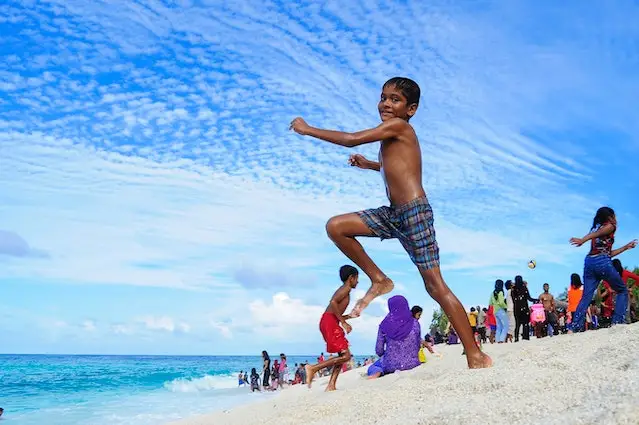
Thuraakunu's small population maintains strong community bonds, with shared traditions and mutual support that create a welcoming atmosphere for visitors.
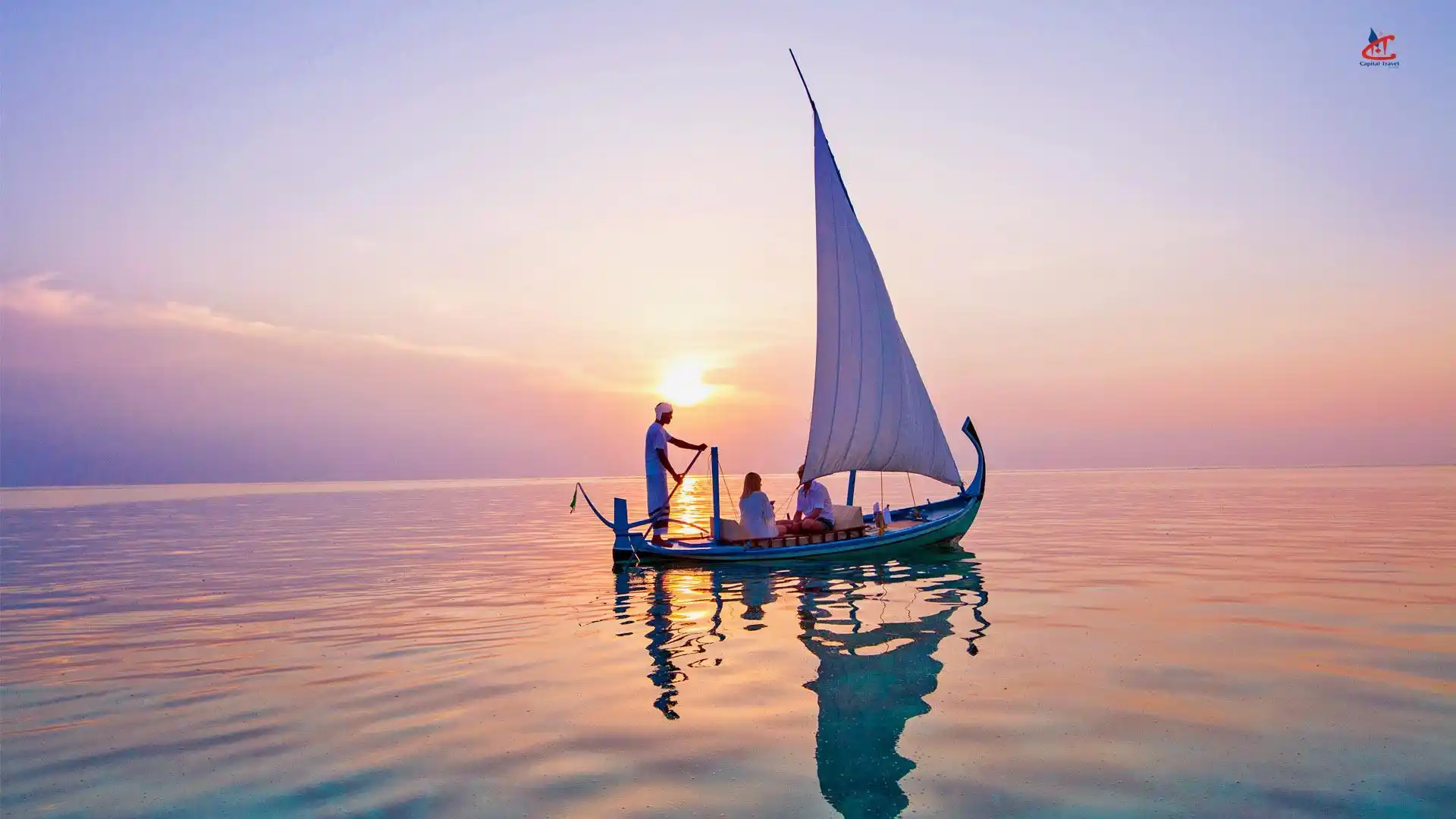
The island's economy revolves around traditional fishing methods using wooden dhonis, with techniques that have remained largely unchanged for centuries.

Artisans on Thuraakunu practice traditional crafts including boat building, mat weaving, and rope making, preserving these important cultural traditions.

Visitors may experience traditional Boduberu drumming performances and other cultural expressions during local festivals.
Thuraakunu offers a limited but authentic range of accommodation options that focus on genuine experiences and local hospitality. Due to its remote location, options are simpler than in more tourist-developed areas.

Basic but comfortable guesthouses operated by local families offer an authentic Maldivian experience. Rooms feature essential amenities and home-cooked meals featuring fresh local ingredients.
Price Range: $35-60 per night
Features: Local hospitality, cultural exchange, home-cooked meals

For the most immersive experience, stay with a local family in their home. Participate in daily activities and enjoy traditional Maldivian hospitality at its most genuine.
Price Range: $30-50 per night including meals
Features: Cultural immersion, family interaction, traditional lifestyle

Simple beachfront accommodations provide direct access to Thuraakunu's stunning beaches. These no-frills options focus on location and connection to nature rather than luxury amenities.
Price Range: $50-80 per night
Features: Beachfront location, peaceful environment, basic comforts
Thuraakunu boasts some of the most pristine beaches in the Maldives, with powdery white sand and crystal-clear waters. The island's northern location means its marine environment is less impacted by human activity than more central atolls.
The island's beaches are untouched and often deserted, offering a true desert island experience. The western beach is particularly spectacular, with soft sand and excellent swimming conditions. The eastern beach provides shelter from ocean swells.
A designated "bikini beach" allows tourists to wear Western-style swimwear while respecting local customs. This beautiful stretch of sand offers privacy and stunning ocean views.
Thuraakunu's house reef is easily accessible from shore and features healthy coral formations teeming with marine life. The reef's northern location means it hosts species less commonly seen in central atolls.


The waters around Thuraakunu Island offer unique marine biodiversity:
The island's remote location has helped preserve its marine environment in pristine condition.
Thuraakunu offers a range of activities that highlight its unique northern location and traditional culture. The island's remoteness ensures authentic experiences away from crowds.
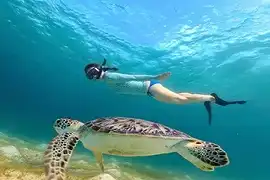
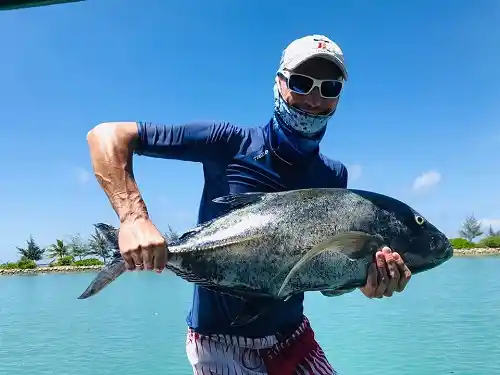
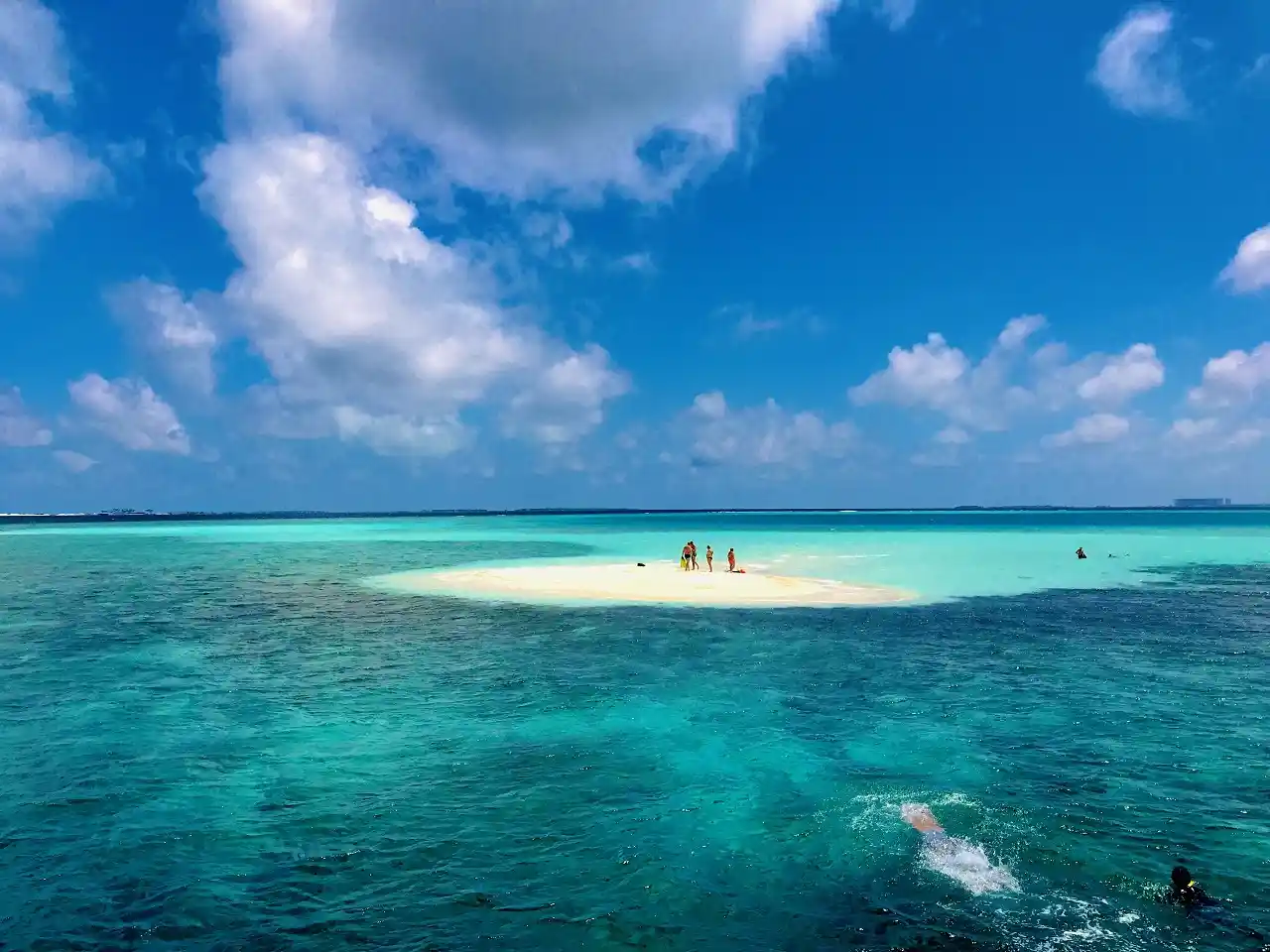


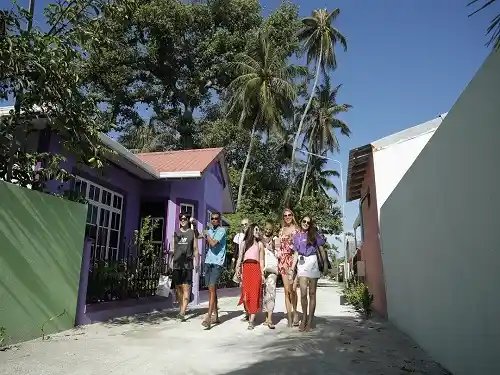
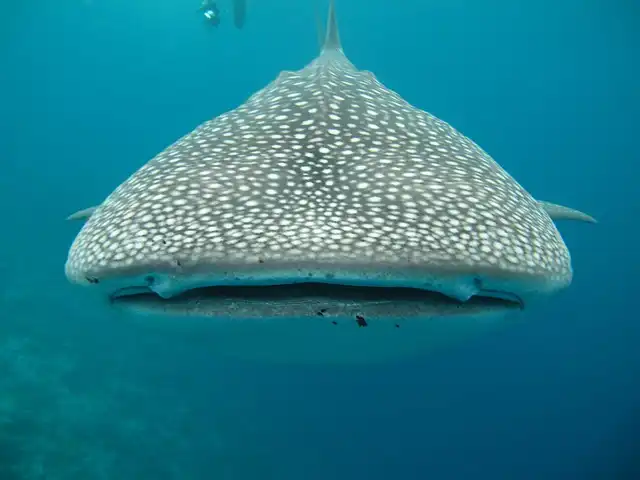
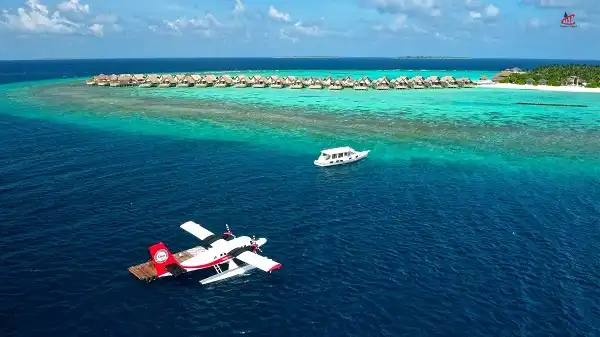
Discover the unique culture, pristine nature, and authentic hospitality of Thuraakunu Island in Haa Alifu Atoll.
Plan Your TripThe most practical way to reach Thuraakunu is by domestic flight from Male to Hanimaadhoo Airport (70 minutes), followed by a 90-minute speedboat transfer. Public ferry service operates weekly from Male (approximately 16 hours journey time). Private speedboat transfers can be arranged through guesthouses (approximately 8 hours from Hanimaadhoo).
The best time to visit Thuraakunu Island is during the northeast monsoon season (December to April), which brings dry, sunny weather with lower humidity and calmer seas. The southwest monsoon (May to November) can bring rougher seas but offers excellent fishing opportunities. Water temperature remains warm year-round.
Thuraakunu stands out as the northernmost inhabited island in the Maldives, offering a truly remote experience. Its isolation has preserved traditional Maldivian culture to a greater degree than more accessible islands. The marine life here includes species not commonly seen in central atolls, and the island's geographical position creates unique weather and ocean conditions.
As Thuraakunu is a local inhabited island with a Muslim population, visitors are expected to dress modestly in public areas (shoulders and knees covered). Swimwear is only permitted at the designated "bikini beach." When visiting the mosque or religious sites, women should cover their heads. These requirements don't apply during water activities.
Thuraakunu has basic facilities including a small health center, school, and mosque. There are a few small shops selling essentials. Accommodations are simple guesthouses with basic amenities. There are no ATMs, so bring sufficient cash. Electricity may be generator-dependent in some properties. Wi-Fi access is limited.